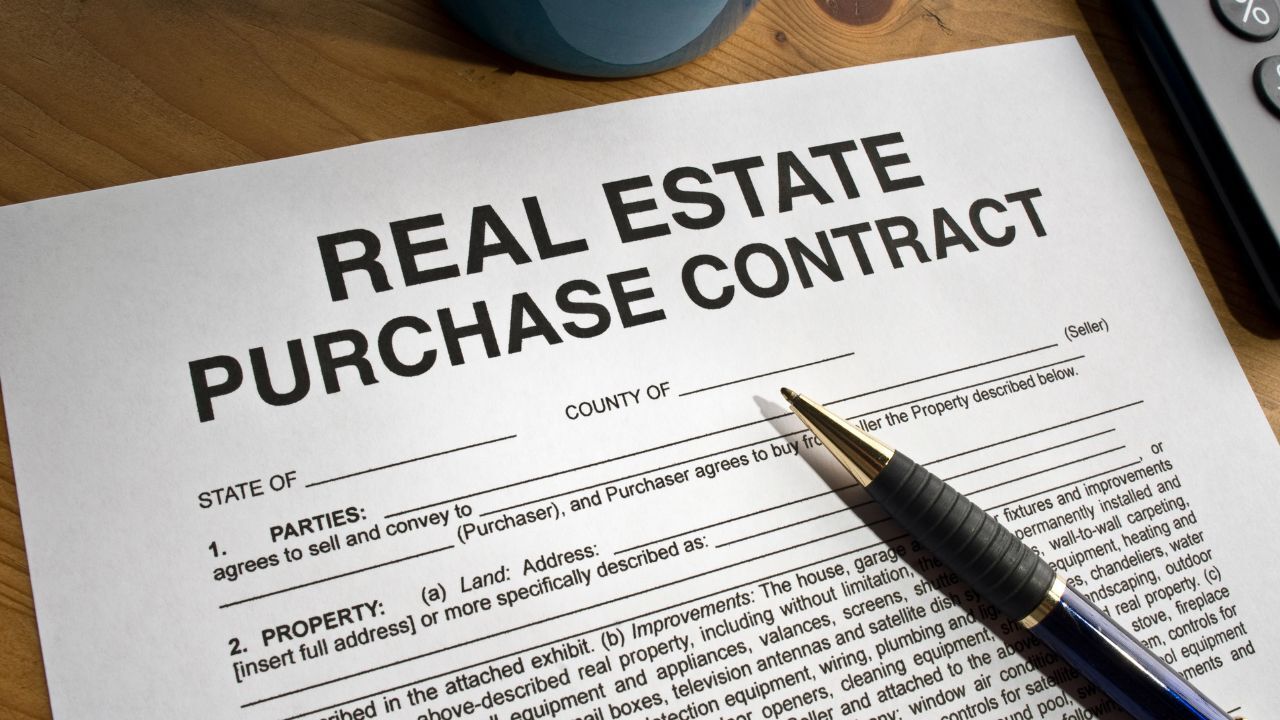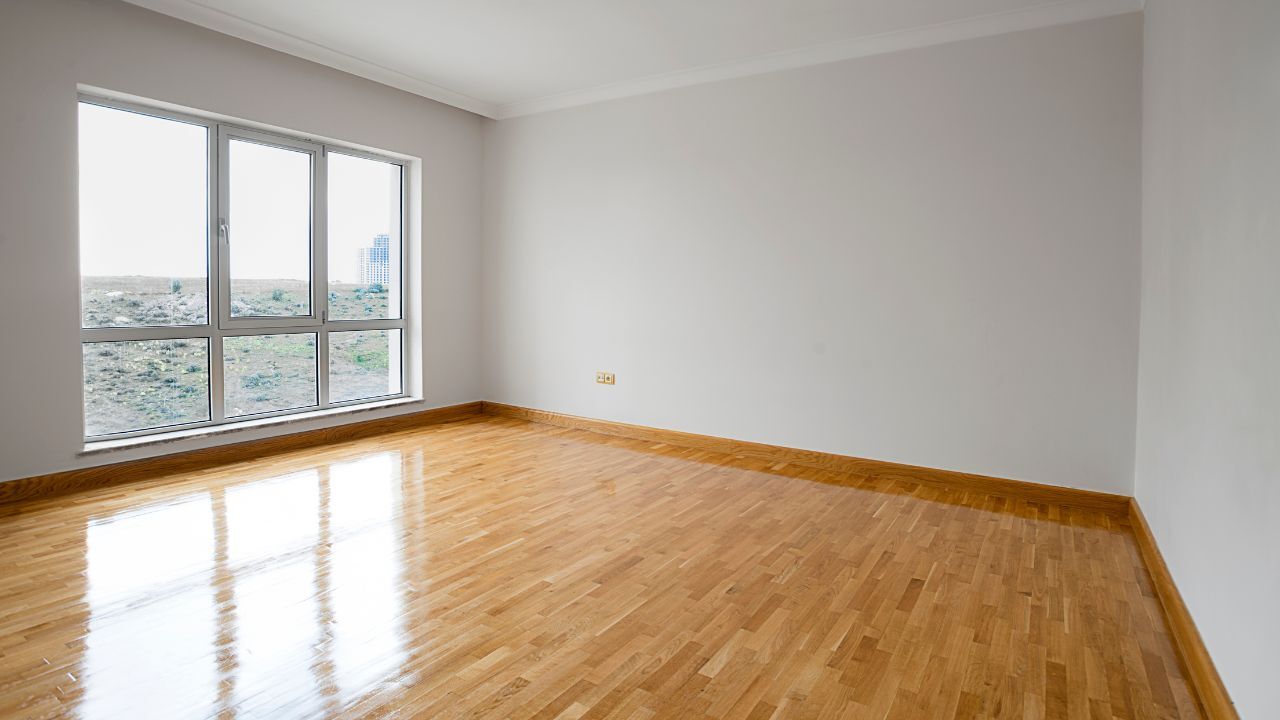 When preparing to sell a home, homeowners have several paths to consider. One option that is becoming increasingly common is selling a property as-is. This means the home is listed and sold in its current condition, without the seller completing repairs or renovations before closing. While this approach can offer convenience, it is important to understand both the benefits and potential trade-offs before making a decision.
When preparing to sell a home, homeowners have several paths to consider. One option that is becoming increasingly common is selling a property as-is. This means the home is listed and sold in its current condition, without the seller completing repairs or renovations before closing. While this approach can offer convenience, it is important to understand both the benefits and potential trade-offs before making a decision.
Pros of Selling a Home As-Is
Selling a home as-is can be an appealing choice for homeowners who want a simpler and faster selling experience. Because no repairs are required, sellers can avoid the time, stress, and expense that often come with renovation projects. This option may be especially helpful for those facing a tight timeline, managing an inherited property, or wanting to move forward without additional investments.
Another advantage is cost savings. Repairing a home can quickly become expensive, particularly if there are larger structural or mechanical issues. By selling as-is, homeowners can avoid contractor fees, materials, and unexpected costs that sometimes arise once repairs begin.
In many cases, selling as-is can also attract buyers looking for fixer-uppers or investment opportunities. These buyers are often prepared to take on renovations themselves, which can lead to quicker sales compared to homes requiring extensive updates.
Disadvantages of Selling a Home As-Is
Buyers typically factor repair costs into their offers, which may reduce the amount you receive compared to selling a move-in-ready home. In some situations, sellers may not achieve full market value because of the home’s condition.
Although selling your home as-is may be quicker and easier, it usually leads to a reduced sale price.
Selling as-is may also limit the number of interested buyers. Many homebuyers prefer properties that require minimal work, which means your listing may appeal mainly to investors or experienced buyers willing to manage repairs. This can narrow the buyer pool and affect competition.
It is also important to note that selling as-is does not remove legal disclosure requirements. Sellers are still responsible for disclosing known material defects. Failure to do so can lead to serious legal complications after the sale.
Key Considerations Before Selling As-Is
Before choosing this route, it is helpful to evaluate the home’s overall condition. Some minor repairs or cosmetic improvements may significantly increase buyer interest and allow for a higher selling price.
Understanding what truly needs attention can help you decide if selling as-is is the best strategy.
Consulting with real estate professionals is also essential. An experienced agent can provide insight into your local market, buyer expectations, and pricing strategies. Their guidance can help you position the property correctly and avoid surprises during negotiations.
Finally, weigh the financial impact carefully. Compare the estimated cost of repairs against the potential increase in sale price. In some cases, the convenience of selling as-is may outweigh the additional profit that renovations could bring, but this calculation depends on your goals and timeline.
Selling a home as-is can be a practical solution for homeowners seeking a faster, lower effort sale. However, it is important to understand the potential challenges, including pricing adjustments and a smaller pool of buyers. By assessing the property, seeking professional advice, and reviewing the financial trade-offs, you can make an informed decision that supports your selling goals.
 Selling a home can feel straightforward, but many homeowners are surprised by the hidden costs that can affect their bottom line. Beyond the agentís commission and mortgage payoff, a variety of expenses can accumulate during the selling process. Understanding these costs ahead of time ensures you are financially prepared and helps avoid surprises at closing.
Selling a home can feel straightforward, but many homeowners are surprised by the hidden costs that can affect their bottom line. Beyond the agentís commission and mortgage payoff, a variety of expenses can accumulate during the selling process. Understanding these costs ahead of time ensures you are financially prepared and helps avoid surprises at closing. When it comes to selling a home, many people assume that success depends on luck, timing, or even the perfect buyer stumbling across the listing. But the truth is, most successful sellers share one common strategy, and it has little to do with home staging, marketing, or even upgrades. The key? Getting the price right from the very beginning.
When it comes to selling a home, many people assume that success depends on luck, timing, or even the perfect buyer stumbling across the listing. But the truth is, most successful sellers share one common strategy, and it has little to do with home staging, marketing, or even upgrades. The key? Getting the price right from the very beginning. June is National Homeownership Month, a special time to celebrate the dream of owning a home and highlight programs that help make homeownership more attainable. One standout resource for many aspiring homeowners is the National Homebuyer Fund (NHF), an organization dedicated to providing vital financial assistance to low-to-moderate income families striving to buy their first home.
June is National Homeownership Month, a special time to celebrate the dream of owning a home and highlight programs that help make homeownership more attainable. One standout resource for many aspiring homeowners is the National Homebuyer Fund (NHF), an organization dedicated to providing vital financial assistance to low-to-moderate income families striving to buy their first home. June is National Homeownership Month, a time dedicated to celebrating the American dream of homeownership and spotlighting the tools and resources that help make that dream a reality. For millions of aspiring homeowners, especially those with modest incomes, programs like Fannie Mae’s HomeReady® and Freddie Mac’s Home Possible® provide a critical pathway forward.
June is National Homeownership Month, a time dedicated to celebrating the American dream of homeownership and spotlighting the tools and resources that help make that dream a reality. For millions of aspiring homeowners, especially those with modest incomes, programs like Fannie Mae’s HomeReady® and Freddie Mac’s Home Possible® provide a critical pathway forward. June is National Homeownership Month, it is a time to celebrate the American dream of owning a home and to reflect on what homeownership means to individuals, families, and communities. I believe in the power of homeownership to build stability, create generational wealth, and provide a true sense of belonging. Whether you are already a homeowner or still working toward that goal, this month is dedicated to you.
June is National Homeownership Month, it is a time to celebrate the American dream of owning a home and to reflect on what homeownership means to individuals, families, and communities. I believe in the power of homeownership to build stability, create generational wealth, and provide a true sense of belonging. Whether you are already a homeowner or still working toward that goal, this month is dedicated to you. When you are buying a home, you are likely thinking about how it fits your life. Is the kitchen big enough? Does it have a home office? Is the backyard right for pets or kids? But what if I told you that thinking like a seller can make you a smarter buyer?
When you are buying a home, you are likely thinking about how it fits your life. Is the kitchen big enough? Does it have a home office? Is the backyard right for pets or kids? But what if I told you that thinking like a seller can make you a smarter buyer? When you are scrolling through homes online, it’s easy to get swept away by beautiful photos, catchy descriptions, and enticing phrases like “charming fixer-upper” or “cozy starter home.” But as a real estate agent, let me tell you, there is often more to the story than meets the eye. Learning to read between the lines of a real estate listing can save you time, prevent disappointment, and help you find the right home faster.
When you are scrolling through homes online, it’s easy to get swept away by beautiful photos, catchy descriptions, and enticing phrases like “charming fixer-upper” or “cozy starter home.” But as a real estate agent, let me tell you, there is often more to the story than meets the eye. Learning to read between the lines of a real estate listing can save you time, prevent disappointment, and help you find the right home faster. If you are struggling to make your mortgage payments and facing the possibility of foreclosure, you’re not alone and you are not out of options. One path worth considering is a short sale, which can help you avoid the long-term impact of a foreclosure on your credit report.
If you are struggling to make your mortgage payments and facing the possibility of foreclosure, you’re not alone and you are not out of options. One path worth considering is a short sale, which can help you avoid the long-term impact of a foreclosure on your credit report. Selling a home without furniture can be challenging. Empty rooms can feel cold, echoey, and impersonal, making it difficult for buyers to picture themselves living there. While full-scale staging can work wonders, it’s not always in the budget or timeline. The good news? You can create warmth, character, and connection using a few simple tricks.
Selling a home without furniture can be challenging. Empty rooms can feel cold, echoey, and impersonal, making it difficult for buyers to picture themselves living there. While full-scale staging can work wonders, it’s not always in the budget or timeline. The good news? You can create warmth, character, and connection using a few simple tricks.